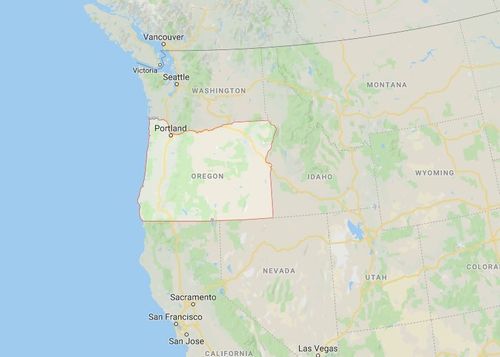Oregon agency delays annual reporting deadline for Clean Fuels Program

SOURCE: Google Maps
April 30, 2025
BY Erin Voegele
The Oregon Department of Environmental Quality has confirmed that the 2024 annual report deadline for the state’s Clean Fuels Program will be delayed until May 30 due to a cyberattack the resulted in an extended outage of the Oregon Fuels Reporting System.
The DEQ on April 9 was struck with a cyberattack that crippled its systems, including the OFRS that is used by fuel suppliers to file their reporting for the CFP and Greenhouse Gas Reporting Program, generate and trade CFP credits and demonstrate compliance with the CFP.
To safety bring the OFRS back online, the DEQ determined it must restore to a backup that was taken over the weekend prior to the attack. As a result, many actions taken by participants on April 7 and April 8 have been lost and will need to be redone.
“April is the busiest month for the Clean Fuels Program’s participants and staff due to the annual report deadline given that many companies must conduct credit transfers and file - sometimes extensive corrections to their quarterly reporting prior to the deadline,” the DEQ said in a document explaining the need to delay the reporting deadline.
Advertisement
The Environmental Quality Commission is the state body that has the authority to grant a variance implementing a delay of the reporting deadline. The DEQ on April 18 announced plans to propose that commission issue an order granting the delay. The commission on April 25 approved the variance. The new deadline to file CFP annual reports is set for May 30.
Additional information is available on the Oregon DEQ website.
Advertisement
Related Stories
The U.S. Energy Information Administration maintained its forecast for 2025 and 2026 biodiesel, renewable diesel and sustainable aviation fuel (SAF) production in its latest Short-Term Energy Outlook, released July 8.
XCF Global Inc. on July 10 shared its strategic plan to invest close to $1 billion in developing a network of SAF production facilities, expanding its U.S. footprint, and advancing its international growth strategy.
U.S. fuel ethanol capacity fell slightly in April, while biodiesel and renewable diesel capacity held steady, according to data released by the U.S. EIA on June 30. Feedstock consumption was down when compared to the previous month.
XCF Global Inc. on July 8 provided a production update on its flagship New Rise Reno facility, underscoring that the plant has successfully produced SAF, renewable diesel, and renewable naphtha during its initial ramp-up.
The U.S. EPA on July 8 hosted virtual public hearing to gather input on the agency’s recently released proposed rule to set 2026 and 2027 RFS RVOs. Members of the biofuel industry were among those to offer testimony during the event.
Upcoming Events










